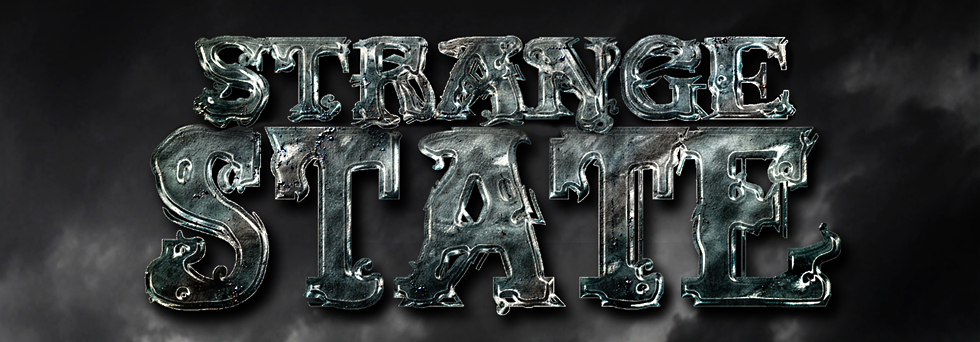There you are with your nascent interest in the paranormal, ghost hunting that is. You've read the handbooks, guidebooks, how-to's and why not's. Weekly, you sit before the flickering light of knowlege, an entranced disciple before the various shows that populate cabledom. Yet somehow you feel unfulfilled. Their hollow, rote answers leave you with an unassuagable hunger. You venture online: joining communities, posting on message boards, and clicking "like" on the Facebook page of every known paracelebrity. Soon, you're joining a local team, you get your matching t-shirt, and you venture nightly into the abyss to underscore your beliefs within the ramshackle halls of some abandoned building. For a time, it helps; and it's all such fun. However, you soon ask yourself: what do I do when fun just isn't enough?
To that end, I might make a few suggestions. Once you've read Troy Taylor, and you've just put down that book by Jay and Grant, you might be hungry still for a meatier tome, a more scholarly work. I would suggest sinking your teeth into these books:
R. C. Finucane's insightful socio-historical look at the subject in Ghosts: Appearances of the Dead and Cultural Transformation will give you greater insight into just how and why we believe what we do when it comes to apparitions and hauntings. You might be surprised at just how recent some of our beliefs are and how often they have been informed by social and political forces of their era. As science and industry gained firmer purchase during the Victorian era, a counterpoint evolved to rail-quite literally-against the machine. This movement embraced romanticism via art and literature that idealized rustic country life. This sentiment was also expressed in architecture and design that revisited Tudor and Gothic styles and led many into the Arts and Crafts movement. Moreover, this counterpoint manifested itself as the Spiritualist movement, which would go on to have several revivals between the 1840s and the 1940s.
Another intelligent work to check out would be Richard Broughton's Parapsychology: The Controversial Science. A psychologist, Broughton often examined the validity of phenomena such as extrasensory perception and psychokinesis. He also spent many years examining the parapsychological facets of ghosts and hauntings. Broughton draws upon his own work in the field and applies this experience to his examination of cases detailed throughout. While Broughton's bias as a proponent for the field is strong, his work in no way reads as that of a "true believer". You should find this a smart and approachable read that won't burden you with needless scientific verbiage.
These two are primers, if you will, on the road to metriculating from Ghost Hunting to more significant paranormal investigations. There are countless other books that tackle the subject from an intelligent and scholarly perspective. Doubtlessly some of you will have recommendations. Feel free to comment with those. Who knows, maybe we will design a curriculum for Ghosts 101.



No comments:
Post a Comment